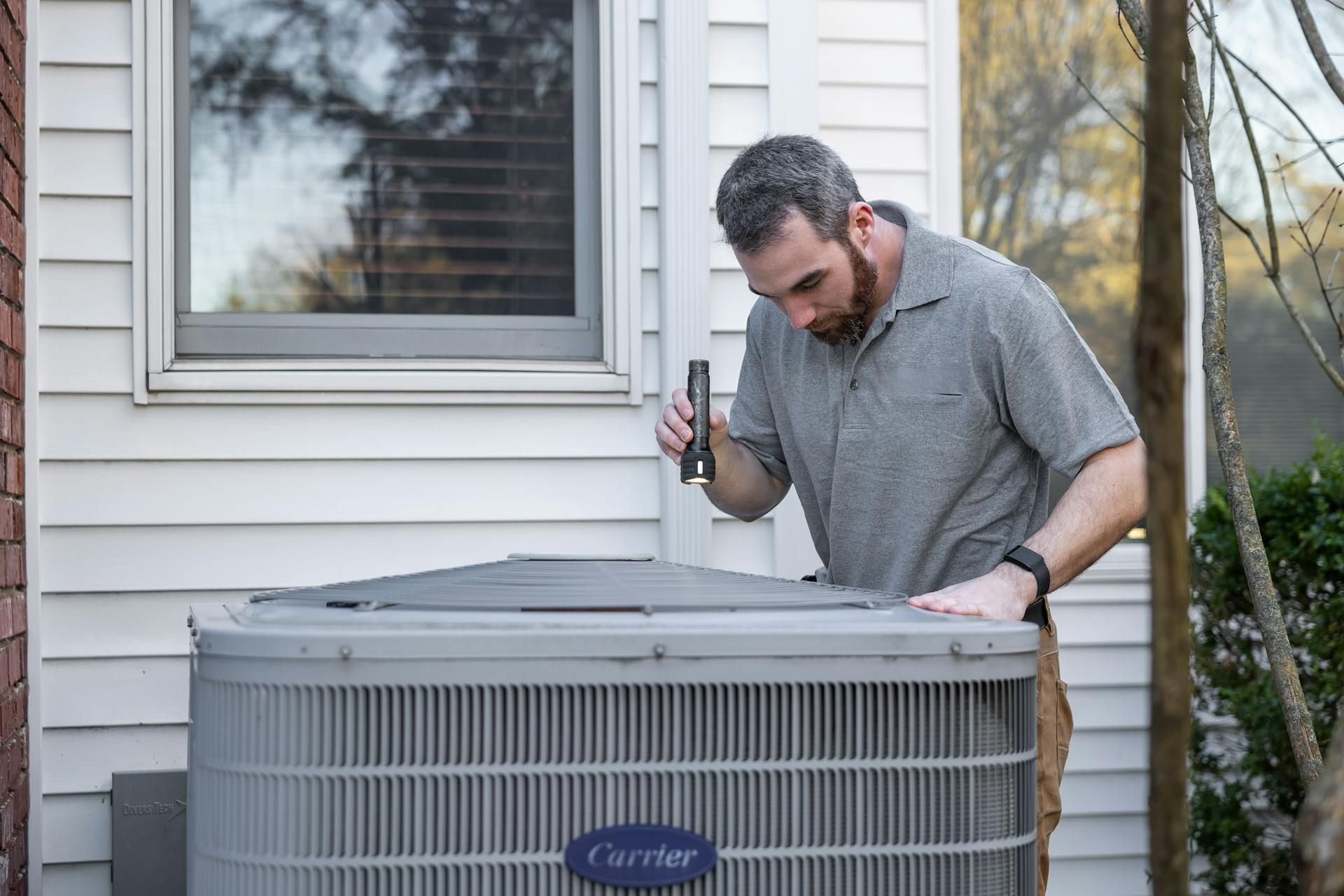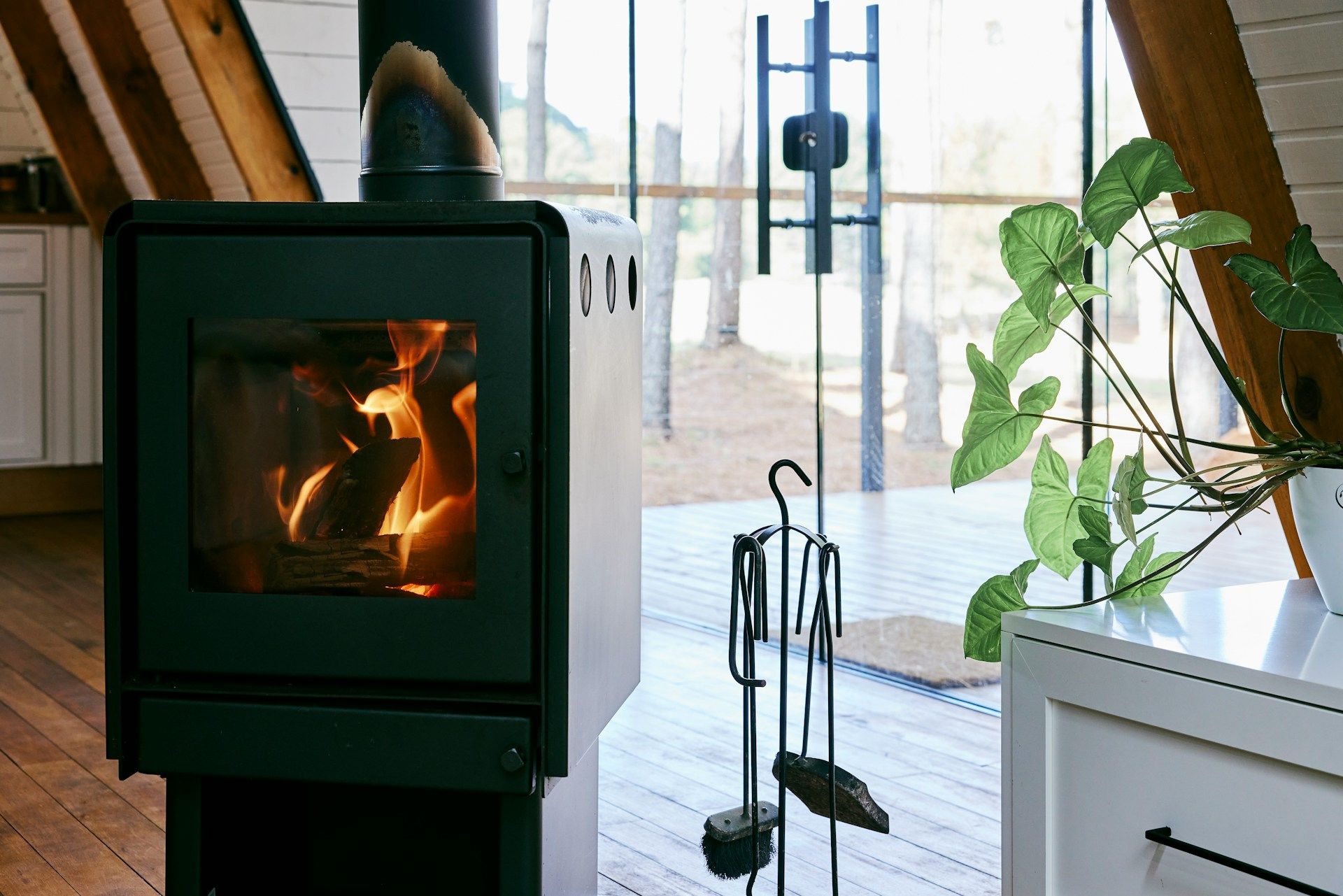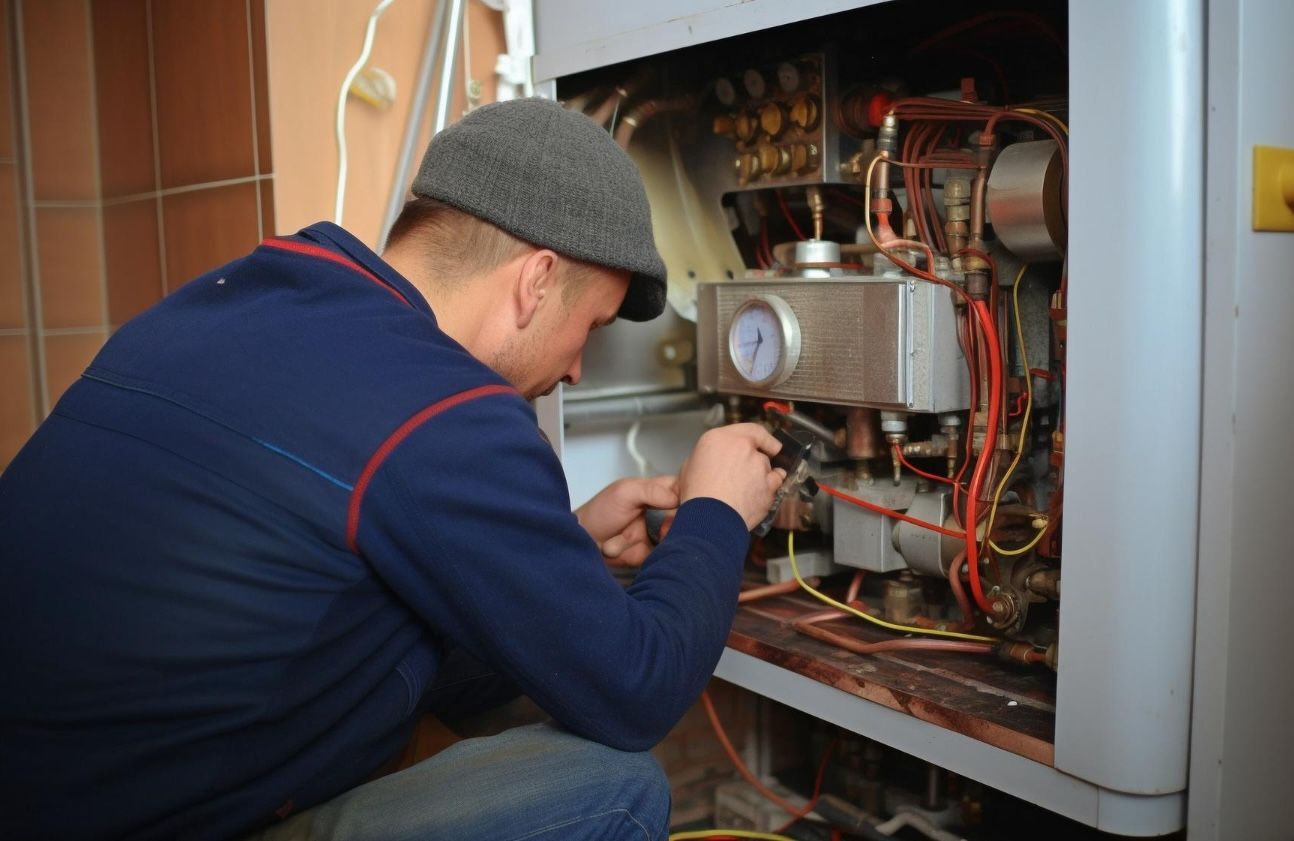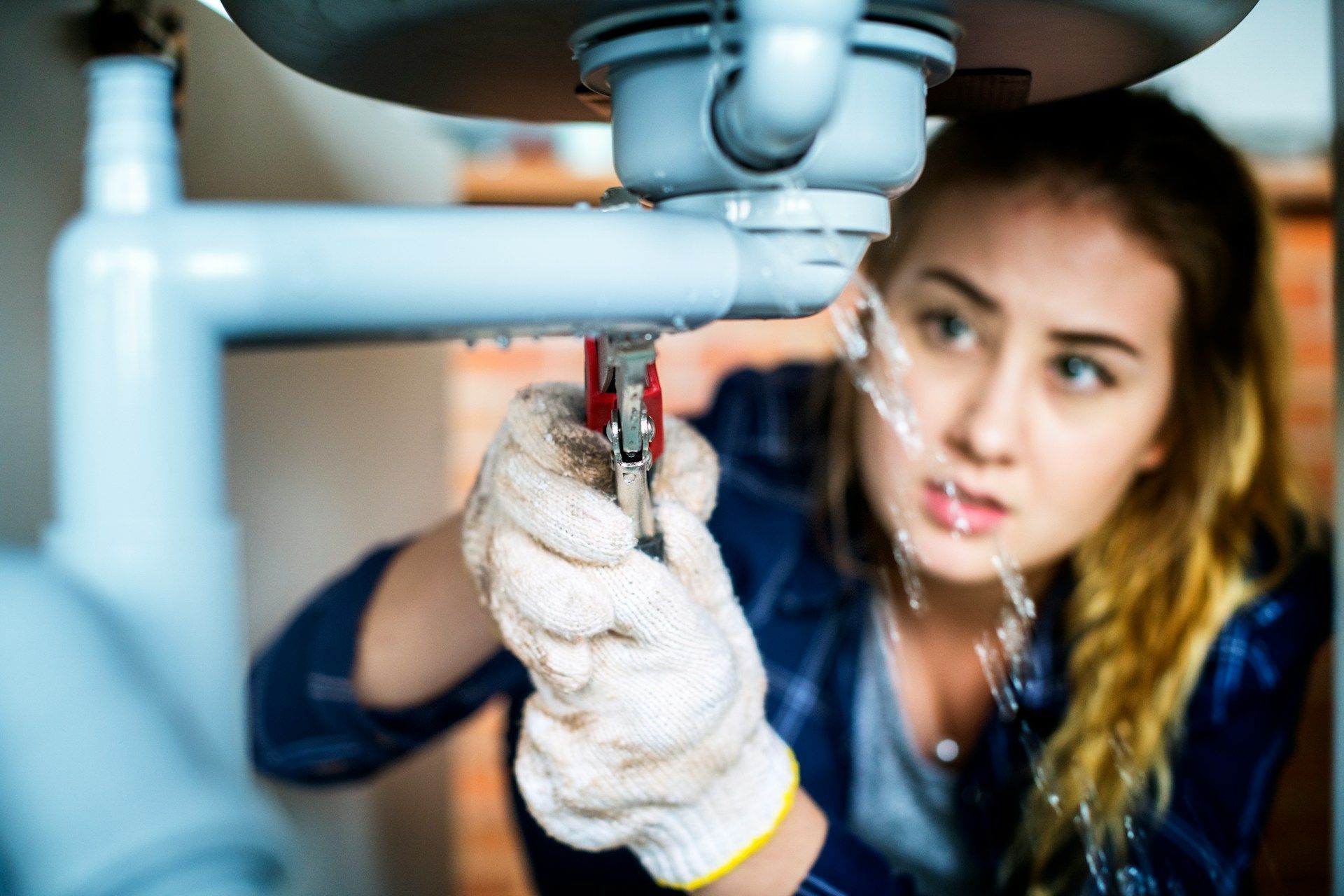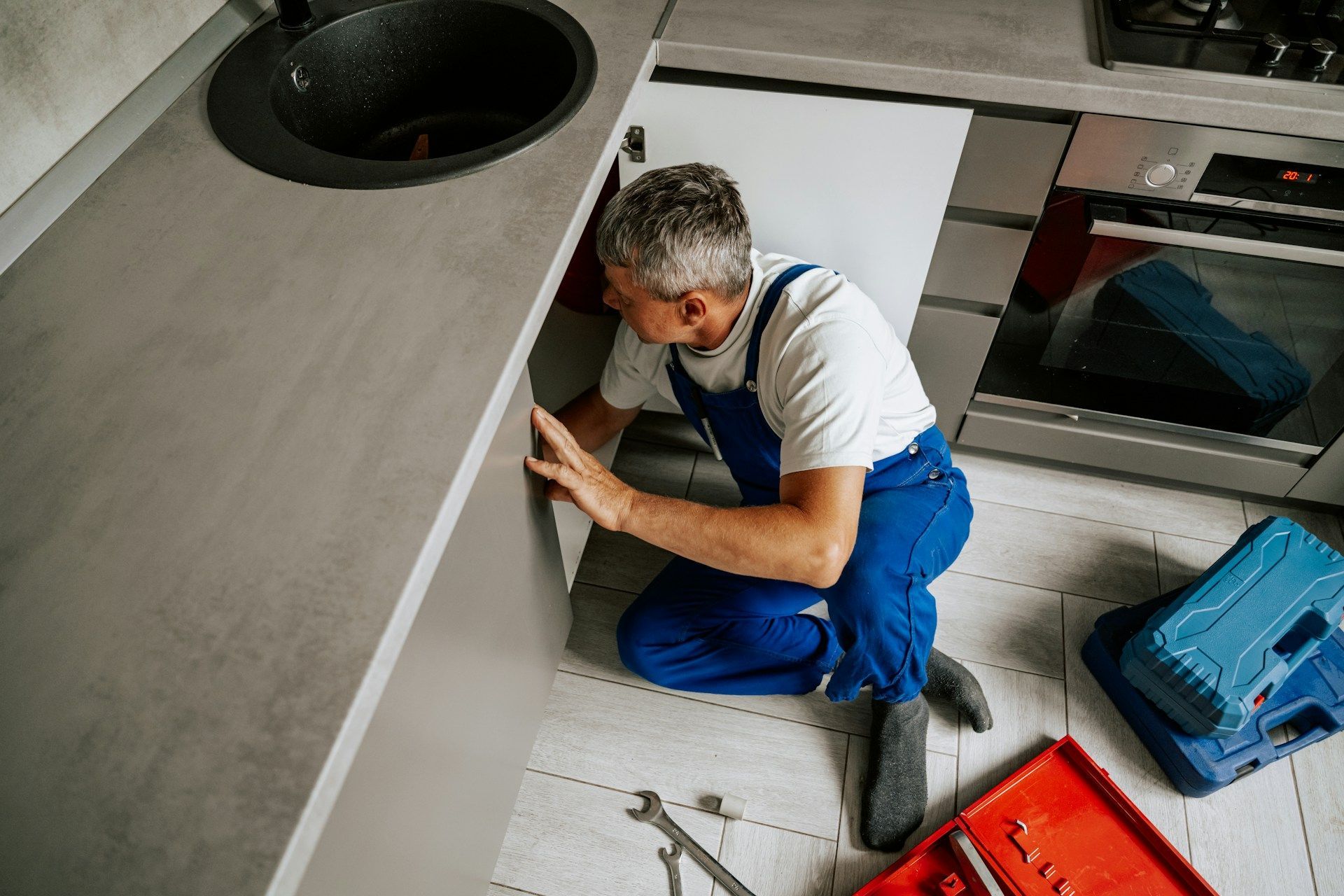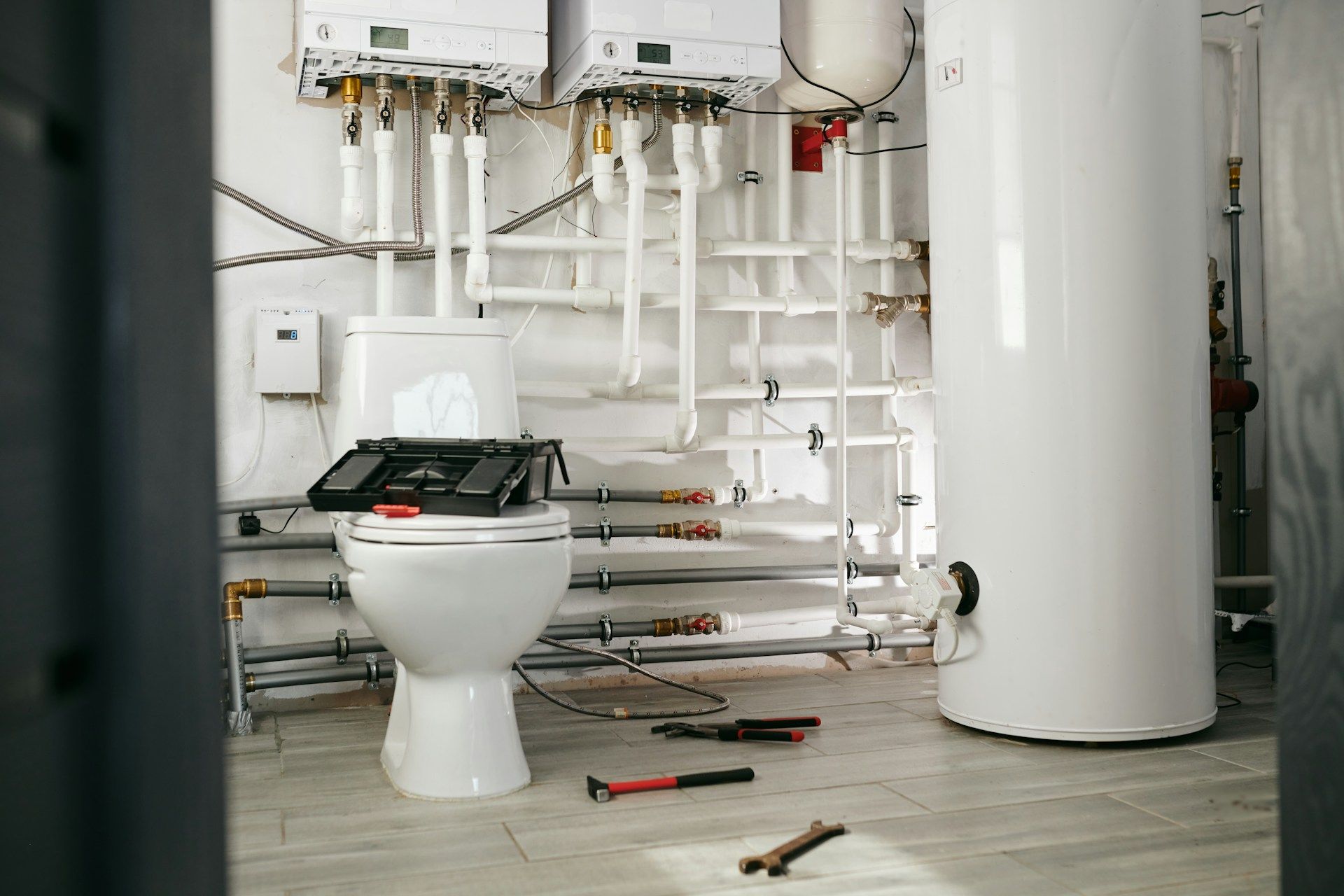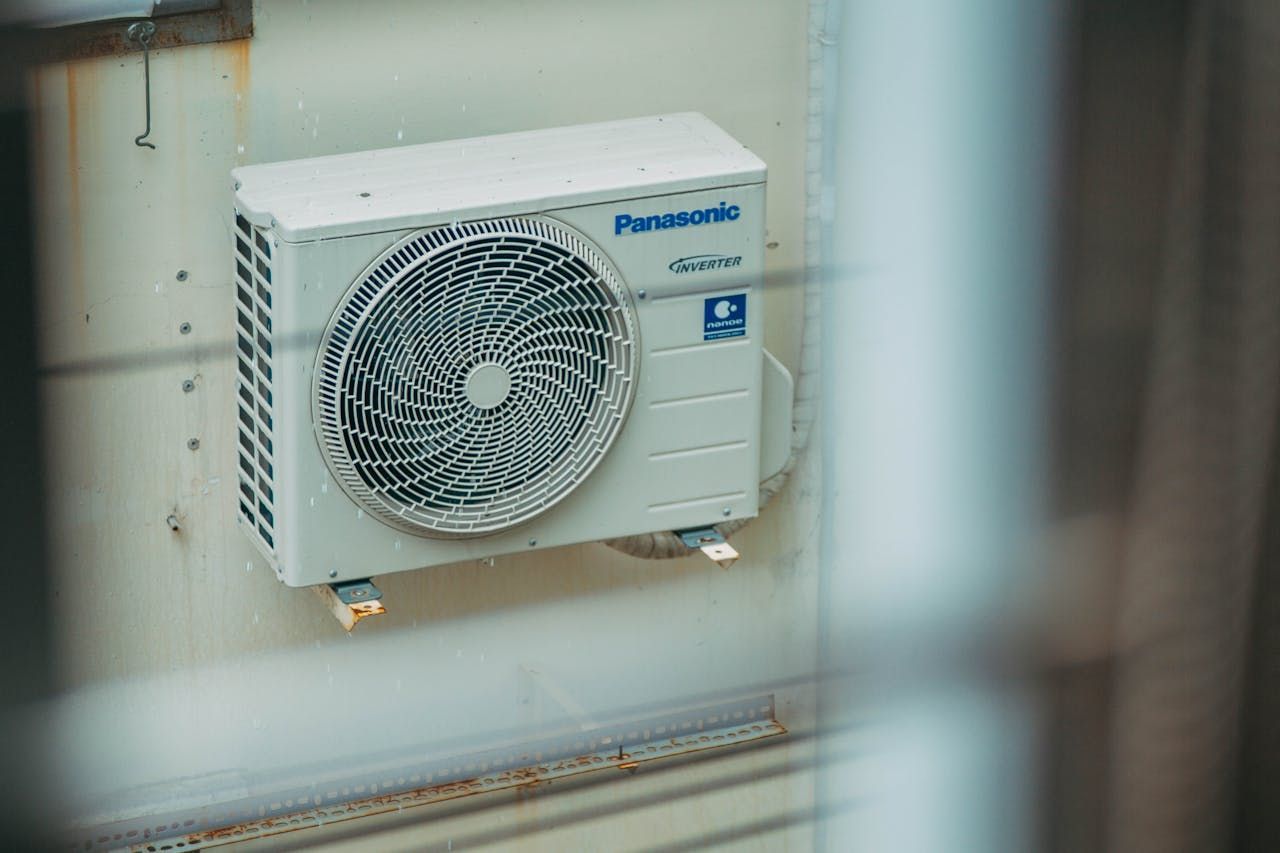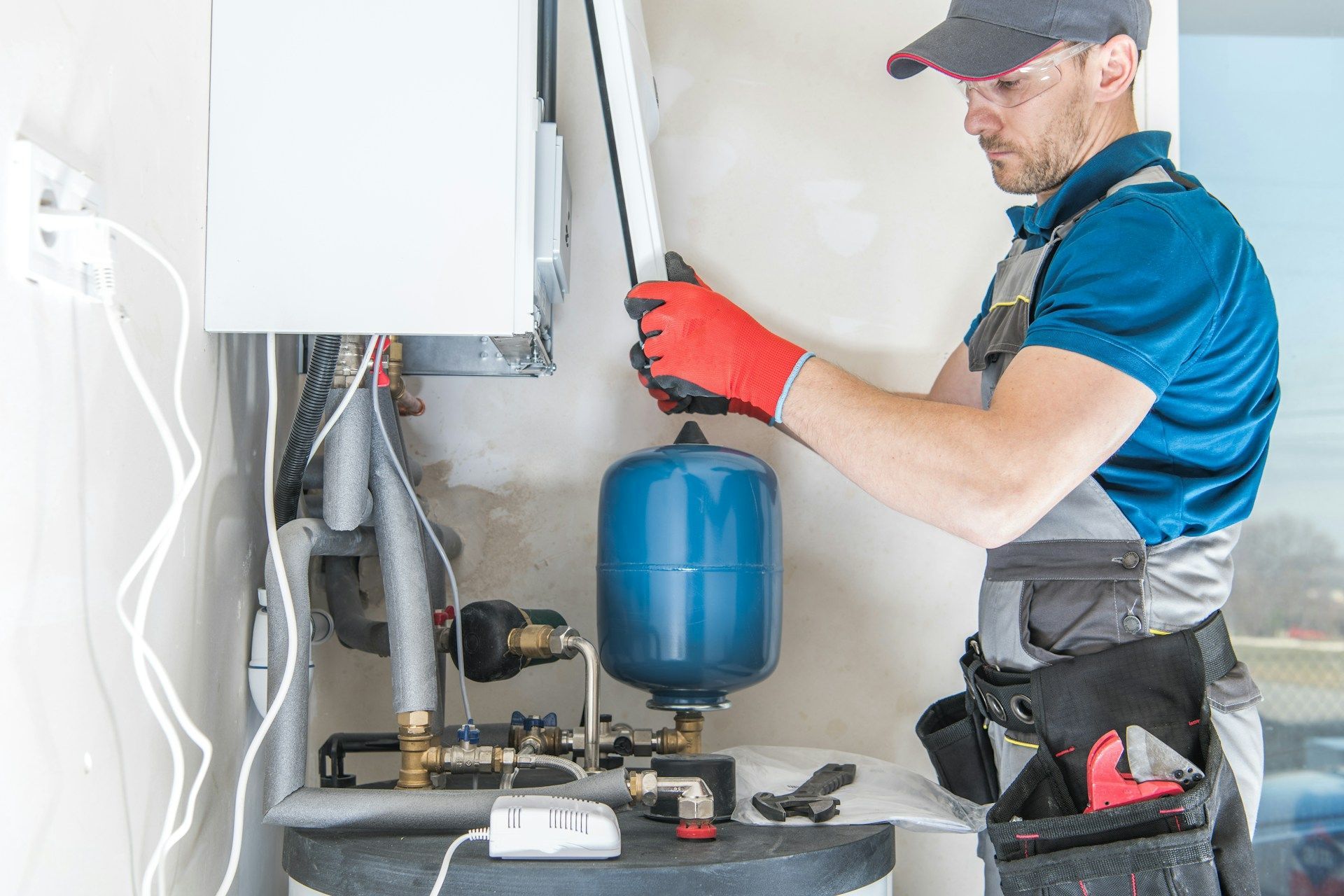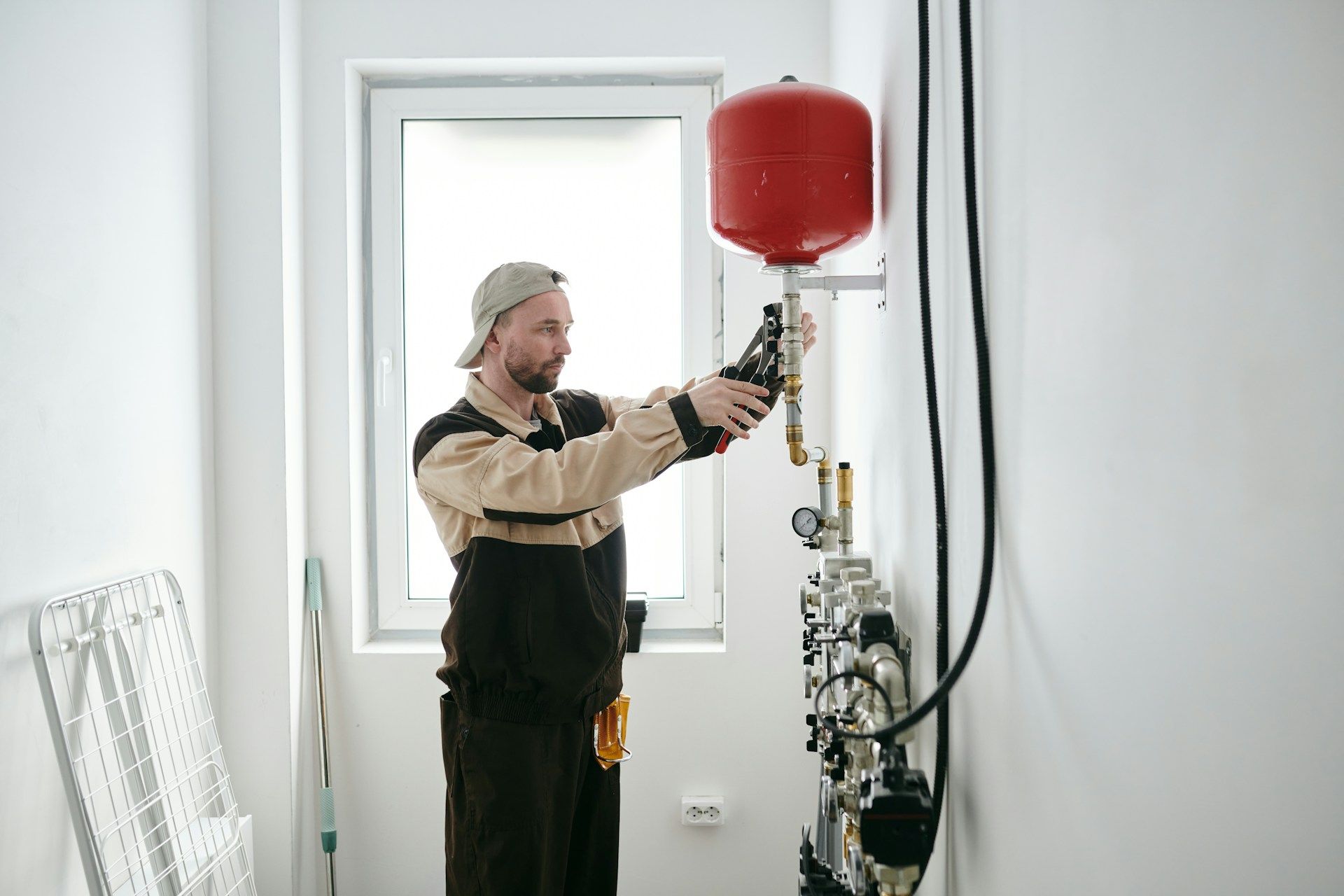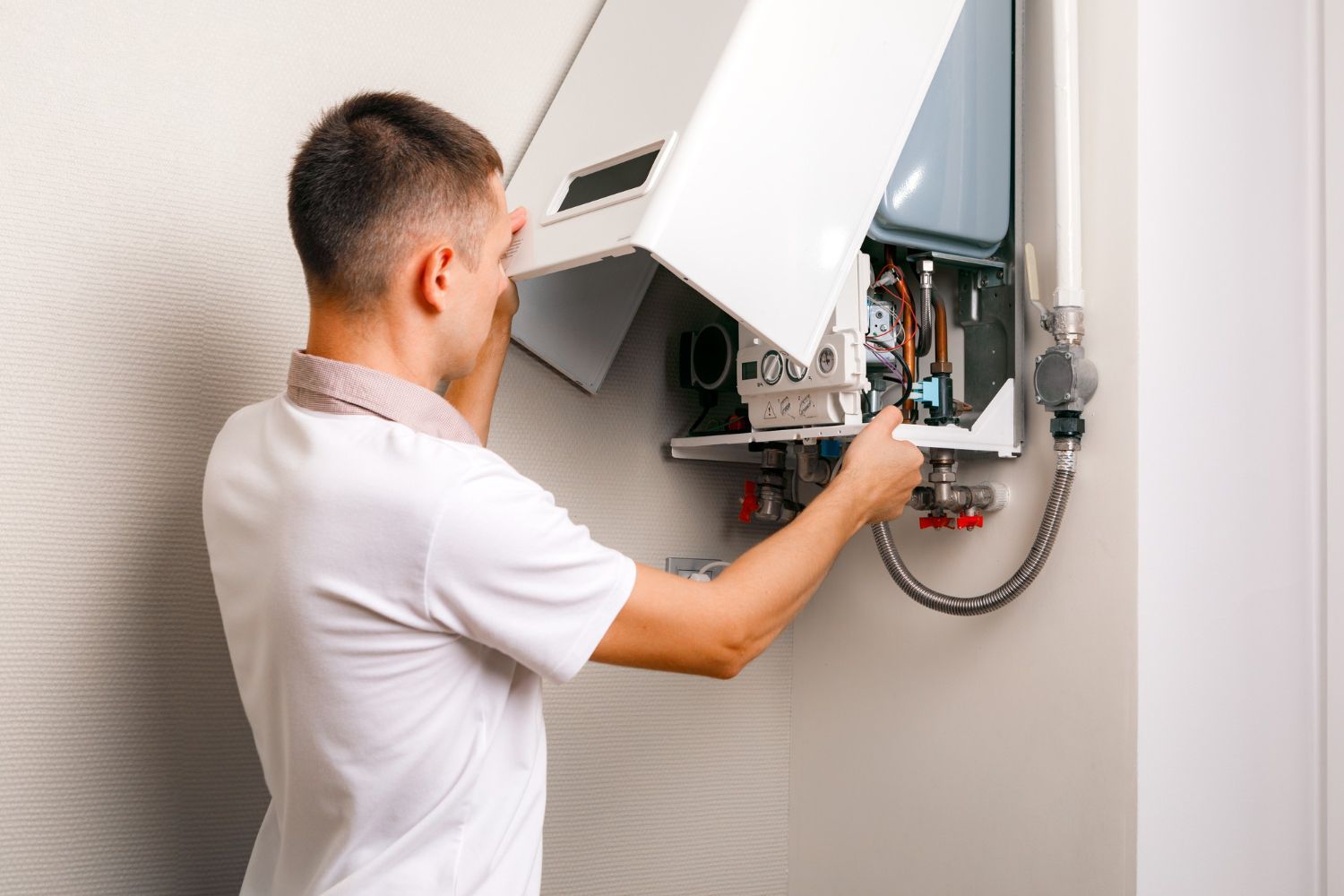How Long Does It Take to Install a Boiler in Bristol, CT?
When you're facing the need for a new boiler in Bristol, CT, one of the first questions that comes to mind is how long the installation process will actually take.
We understand that having your heating system out of commission can be stressful, especially during Connecticut's harsh winter months.
The timeline for boiler installation varies significantly based on several factors, and we're here to help you understand what to expect during this important home improvement project.
Summary
- Standard boiler installations typically take 1-3 days, depending on complexity and system type
- Preparation work and permits can add 1-2 weeks to the overall project timeline before installation begins
- System complexity, home modifications, and seasonal demand significantly impact installation duration
- Proper planning and choosing experienced professionals can minimize disruption and ensure efficient completion
Understanding Basic Boiler Installation Timeframes
The actual installation of a boiler replacement in a straightforward scenario typically takes between one to three days.
However, we've learned through years of experience that this timeframe can vary dramatically based on your specific situation.
For a direct replacement where we're swapping an old boiler with a similar new unit in the same location, you might see completion in just one day.
More complex installations involving system upgrades, relocations, or additional components can extend this timeline considerably.
We often tell homeowners in Bristol that the physical installation is just one part of the overall process.
Before any work begins, there's usually a preparation phase that includes obtaining necessary permits, ordering equipment, and scheduling inspections.
This preliminary work can take anywhere from one to three weeks, depending on local permitting requirements and equipment availability.
Key Takeaways
- Direct boiler replacements typically complete within 1-2 days
- Complex installations requiring modifications can take 3-5 days
- Preparation and permitting phases add 1-3 weeks before installation begins
Factors That Significantly Impact Installation Duration
Several critical factors influence how long your boiler installation will take. The type of boiler you're installing plays a major role in determining the timeline.
Combi boilers are generally quicker to install since they combine heating and hot water functions in one unit, eliminating the need for separate hot water tanks.
System boilers require additional components and connections, potentially adding extra time to the project.
The condition of your existing heating infrastructure significantly affects installation duration. If your current piping, electrical connections, and gas lines are in good condition and compatible with the new system, we can work much more efficiently.
However, homes with outdated or incompatible infrastructure may require extensive modifications that can double or triple the installation time.
Accessibility and location of your boiler also matter tremendously.
Boilers installed in easily accessible areas like basements or utility rooms typically allow for faster completion. Installations in tight spaces, crawl areas, or locations requiring significant material transport can slow down the process considerably.
Seasonal Considerations in Bristol, CT
Bristol's climate creates distinct seasonal challenges that affect installation timelines.
During peak heating season (October through March), demand for boiler services increases dramatically, potentially extending scheduling timelines.
We typically see longer wait times for installations during these months, sometimes adding 2-4 weeks to project start dates.
Winter installations also present logistical challenges. Cold weather can affect material handling, and emergency heating considerations become critical.
We often recommend planning non-emergency boiler replacements during shoulder seasons (April through September) when scheduling is more flexible and weather conditions are more favorable.
Key Takeaways
- Boiler type (combi vs. system) significantly impacts installation duration
- Existing infrastructure condition can double installation time if upgrades are needed
- Seasonal demand in Bristol affects scheduling more than actual installation time
System Complexity and Required Modifications
The complexity of your heating system upgrade directly correlates with installation duration.
Simple replacements where we're installing a similar boiler in the same location with existing connections typically represent the fastest scenario. These installations often complete within one to two days, assuming no unexpected complications arise.
System upgrades involving efficiency improvements, zone additions, or smart thermostat integration require additional time for proper configuration and testing.
When we're adding new heating zones to previously unheated areas or upgrading from older radiator systems to modern baseboard or radiant heating, the project timeline can extend to four or five days.
Code compliance upgrades frequently add time to boiler installations. Connecticut building codes have evolved significantly, and older homes may require electrical, venting, or structural modifications to meet current standards.
These compliance requirements aren't optional and can add one to three days to your project timeline.
Home Preparation Requirements
Before installation begins, your home needs specific preparation that affects the overall timeline.
We need clear access to the installation area, which might require moving stored items, furniture, or other household goods.
Electrical preparation often involves upgrading circuits or adding new electrical connections for modern boiler systems.
Venting modifications represent another common preparation requirement. Modern high-efficiency boilers often require different venting systems than older units.
If your existing chimney or venting system isn't compatible, we'll need additional time to install proper venting, which can add one to two days to the project.
Key Takeaways
- Simple replacements complete fastest, while system upgrades require additional days
- Code compliance modifications are mandatory and can extend timelines significantly
- Home preparation work should be completed before installation begins to avoid delays
Professional Installation Process and Timeline Breakdown
Understanding the step-by-step installation process helps you better plan for the disruption and timeline.
Day one typically involves removing the old boiler, preparing the installation area, and beginning new equipment placement. This phase includes disconnecting utilities, draining the old system, and safely removing the existing unit.
Day two focuses on installing the new boiler, making all necessary connections, and beginning system testing. This includes connecting gas lines, water pipes, electrical circuits, and venting systems. We perform initial system pressurization and check for any leaks or connection issues.
Day three (when required) involves final system commissioning, calibration, and comprehensive testing. We'll run the system through complete heating cycles, adjust settings for optimal performance, and conduct final safety inspections. This phase also includes homeowner education about system operation and maintenance requirements.
Quality Assurance and Testing Phases
System testing is a critical phase that cannot be rushed, regardless of timeline pressures.
We perform comprehensive leak testing, combustion analysis, and efficiency verification. These tests ensure your new boiler operates safely and efficiently while meeting all performance specifications.
Final inspections by local authorities add time to the overall project but are essential for safety and code compliance.
Bristol's inspection requirements typically add one additional day to the timeline, as inspectors need to verify proper installation and code compliance before the system can be officially commissioned.
Key Takeaways
- Installation follows a structured three-phase process over 1-3 days
- Quality testing and inspections cannot be shortened without compromising safety
- Professional commissioning ensures optimal system performance and longevity
Planning Your Boiler Installation Project
Advance planning significantly reduces installation delays and complications.
We recommend beginning the planning process at least 4-6 weeks before you need the new system operational. This timeline allows for proper equipment selection, permit acquisition, and scheduling during optimal timeframes.
Equipment selection should balance efficiency, cost, and installation complexity. Higher-efficiency boilers often require more complex installation procedures but provide long-term operational benefits.
We help homeowners understand these trade-offs and select systems that match their timeline requirements and performance expectations.
Contractor selection plays a crucial role in project timeline and success. Experienced professionals complete installations more efficiently and encounter fewer unexpected complications.
We encourage homeowners to verify licensing, insurance, and local experience when selecting installation contractors.
If you're planning a boiler installation project in Bristol, CT, we're here to help you navigate the process efficiently and professionally.
Our experienced team understands local requirements and can provide accurate timeline estimates based on your specific situation.
Contact us at 860-585-8139 to discuss your boiler installation needs and schedule a comprehensive consultation.

